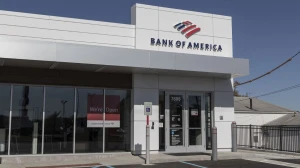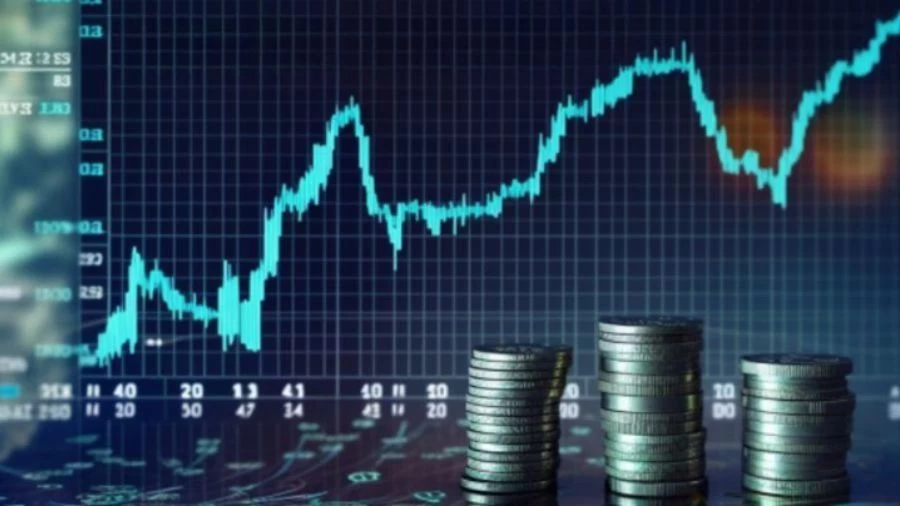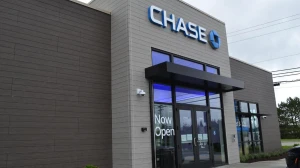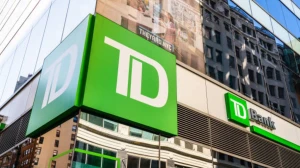
Best Money Market Account for December 2023
The top money market accounts for December 2023, feature competitive Annual Percentage Yields (APY) including Connexus Credit Union, Quontic Bank, Zynlo Bank, First Internet Bank, Ally Bank, Sallie Mae Bank, EverBank, Vio Bank, Bethpage Federal Credit Union.
by Sai V
Published Jul 29, 2023 | Updated Dec 01, 2023 | 📖 6 min read
Best Money Market Account for December 2023
Best Money Market Account options curated for optimal savings potential. From high APYs with substantial balances to no-minimum accounts, this overview presents a variety of choices offered by different financial institutions. Explore the details to make informed decisions based on your specific savings preferences.
|
Account |
Annual Percentage Yield (APY) |
Minimum Deposit Requirement |
|
Connexus Credit Union High Yield MM Account |
Up to 4.76% with a $1,000,000 minimum balance |
$1,000 |
|
Quontic Bank Money Market Account |
5.00% |
$100 |
|
Zynlo Bank Money Market |
5.00% on balances of $250,000 or less |
$10 |
|
First Internet Bank Money Market Savings |
Up to 5.46% |
$100 |
|
Ally Bank Money Market Account |
4.40% |
$0 |
|
Sallie Mae Bank Money Market Account |
4.75% |
$0 |
|
EverBank Yield Pledge Money Market |
Up to 4.75% (introductory rate) |
$500 |
|
Vio Bank Cornerstone Money Market Account |
5.25% |
$100 |
|
Bethpage Federal Credit Union MM Account |
Up to 2.00% |
$500 |
Connexus Credit Union High Yield Money Market Account: Best for Overall Credit Union Money Market Account, offering an annual percentage yield (APY) of up to 4.76% with a minimum balance of $1,000,000.
Quontic Bank Money Market Account: Best for Overall Bank Money Market Account, with a competitive 5.00% APY and a minimum deposit requirement of $100.
Zynlo Bank Money Market: Best for Deposit Insurance Coverage, providing a 5.00% APY on balances of $250,000 or less with a minimum deposit of $10.
First Internet Bank Money Market Savings: Best for Full-Service Banking, offering an impressive APY of up to 5.46% with a minimum deposit requirement of $100 and a $5 monthly maintenance fee.
Ally Bank Money Market Account: Best for Access to Cash, featuring a 4.40% APY and no minimum deposit or monthly maintenance fee.
Sallie Mae Bank Money Market Account: Best for Savings Goals, with a 4.75% APY, no minimum deposit requirement, and no monthly maintenance fee.
EverBank Yield Pledge Money Market: Best for Guaranteed Competitive Rates, providing an introductory 4.75% APY for the first year on balances up to $250,000, with a $500 minimum deposit and no monthly maintenance fee.
Vio Bank Cornerstone Money Market Account: Best for Parking Cash, offering a high 5.25% APY with a minimum deposit requirement of $100.
Bethpage Federal Credit Union Money Market Account: Best for Credit Union Mobile Banking, providing an APY of up to 2.00% with a minimum deposit requirement of $500.
Is a Money Market Account a Savings Account?
No, a money market mutual fund account is not a savings account. While both may offer some degree of liquidity and can be used as a place to park your funds, they have distinct differences. Money market mutual funds are considered investments and are typically offered by brokerage firms and fund companies. These funds invest in short-term, low-risk securities and may provide a higher yield compared to traditional savings accounts.
However, they are subject to market fluctuations, and although some money market funds allow check-writing, they are not designed for day-to-day transactions. In contrast, savings accounts are typically offered by banks and credit unions, are insured by the FDIC or NCUA, and are primarily designed for storing funds safely and earning a modest interest rate, making them a more conservative option for preserving capital.
What is a Money Market Account?
A Money Market Account (MMA), often referred to as a Money Market Deposit Account (MMDA), is a financial product offered by banks and credit unions. It combines elements of both savings and checking accounts, making it a versatile option for savers. MMAs typically provide higher interest rates than regular savings accounts, offer the convenience of check-writing privileges, and may include debit card access.
These accounts are ideal for short-term financial goals and are valuable components when calculating tangible net worth. However, they may have restrictions and minimum balance requirements, so it's essential to consider your specific financial needs when deciding whether an MMA is the right choice for you or if other alternatives, like high-yield savings accounts or certificates of deposit, may better suit your objectives.
Discover a wealth of financial knowledge and services on MarketsHost, your one-stop destination for all Banking needs, whether you're interested in Credit Cards, Mortgages, or Loans.
Money Market Account Vs Savings Account
Here are the key distinctions between Money Market Accounts and Savings Accounts, considering interest rates, liquidity, FDIC protection, and withdrawal limits, to help you make an informed choice for your financial goals.
|
Aspect |
Money Market Account |
Savings Account |
|
Account Type |
Money Market Accounts |
Savings Accounts |
|
Interest Rate |
Generally offers higher interest rates. |
Typically offers lower interest rates. |
|
Liquidity |
Offers check-writing and debit card access for everyday transactions. |
Typically limited to a certain number of withdrawals per month. |
|
FDIC Protection |
FDIC-insured up to the maximum limit. |
FDIC-insured up to the maximum limit. |
|
Withdrawal Limit (Pre-April 2020) |
Subject to similar withdrawal limits as Savings Accounts under Regulation D (up to six withdrawals or transfers per month). |
Subject to similar withdrawal limits under Regulation D (up to six withdrawals or transfers per month). |
|
Withdrawal Limit (Post-April 2020) |
Limits may still apply, depending on the bank's policy. |
Limits may still apply, depending on the bank's policy. |
|
Account Purpose |
Often used for both saving and checking purposes, offering higher interest with some transactional capabilities. |
Primarily designed for saving, discouraging frequent withdrawals. |
How to Open Money Market Accounts?
Learn how to open a money market account with ease by following these straightforward steps, including gathering necessary documentation, researching institutions, completing the application process, and managing your account effectively.
- Gather required documentation: Social Security number, proof of identity.
- Research money market accounts from different institutions.
- Compare rates and fees to find the most suitable option.
- Complete the application process online or in-person.
- Provide accurate information following instructions.
- Fund your account through direct deposit, check, or transfer.
- Regularly check account balance to ensure it is open and in good standing.
What Are the Advantages and Disadvantages of Money Market Accounts?
Money Market Accounts (MMAs) offer higher interest rates, check-writing privileges, and federal insurance. Despite these advantages, be mindful of potential limitations like transaction restrictions and associated fees, ensuring a balanced decision that aligns with your financial objectives.
Advantages of Money Market Accounts (MMAs)
- MMAs typically offer higher interest rates compared to regular savings accounts. This can help your money grow at a faster pace over time.
- Many MMAs provide check-writing privileges, offering you a convenient way to make payments or withdrawals.
- Some MMAs come with debit card access, making it easy to access your funds for day-to-day expenses and ATM withdrawals.
- MMAs are often federally insured, providing a level of security for your deposited funds in case of bank failure.
Disadvantages of Money Market Accounts (MMAs)
- MMAs may have restrictions on the number of transactions you can make each month. Exceeding these limits could result in fees or the loss of certain benefits.
- Many MMAs have associated fees, such as monthly maintenance fees or excess transaction fees. These fees can reduce the overall return on your investment.
- MMAs often require you to maintain a minimum balance in the account. If your balance falls below this threshold, you may face fees or account restrictions.
Best Money Market Accounts for December 2023 - FAQs
1. What is the highest APY offered in the top money market accounts for December 2023?
The highest APY is 5.46%.
2. Are money market accounts FDIC-insured?
Yes, most money market accounts are FDIC-insured up to the maximum limit.
3. Can I use a money market account for everyday transactions?
Yes, many money market accounts offer check-writing and debit card access for everyday transactions.
4. What is the minimum deposit requirement for Ally Bank's Money Market Account?
Ally Bank's Money Market Account has no minimum deposit requirement.
5. What distinguishes a money market account from a savings account?
Money market accounts typically offer higher interest rates and more transactional capabilities than savings accounts.




